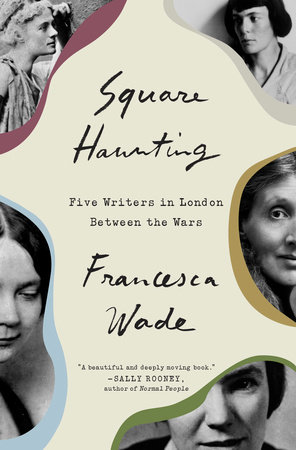More on this book
Kindle Notes & Highlights
Read between
April 6 - April 11, 2020
Woolf argued that women’s oppression in public life is inextricable from their stifling experience in the traditional home: “the public and the private worlds are inseparably connected…the tyrannies and servilities of the one are the tyrannies and servilities of the other.” If women are to play a meaningful role in society, Woolf insisted, their domestic arrangements have to suit and support them.
Each was committed—in her personal life, and as a political position—to the importance of what Woolf called “intellectual freedom”: “the right,” she wrote, “to think one’s own thoughts and to follow one’s own pursuits.”
They didn’t want to replicate the traditional pattern laid down for women’s lives—that of Woolf’s own mother, who “passed like a princess in a pageant from her supremely beautiful youth to marriage and motherhood, without awakenment.” Instead, they resolved to earn their own livings, and to order their lives around their work—even
They wanted and needed to find sustainable ways—through their writing, through teaching, translation, or editing—to earn the £500 a year which Woolf considered indispensable for a writer, to afford the rent for their rooms and maintain the independence for which they had fought.
All these women were, at some point, denied the life they sought: refused access to the same educational opportunities as their brothers, pigeonholed into lower-status jobs or paid less than their male counterparts, marked out as second-class by universities that refused them official degrees, or encouraged to serve as muses to male authors. All were determined to research, write, and publish, but such acts of self-assertion were charged with the possibility of rejection: they had to convince others that their work was valuable, while also needing to convince themselves.
D.’s Helen is not a capricious beauty indifferent to the slaughter unleashed in her name, but an innocent and bewildered woman, trapped in Egypt while a phantom double, created by the gods, wreaks havoc at Troy. For
His words recall Sayers’s early fears of being dismissed as a “literary freak”—yet now, given a different slant, this insult is merely comical. A life of Bloomsbury independence, surrounded by like-minded friends and ignored by judgmental men, is exactly what Katherine wants,
On one occasion, after a journey home spent “babbling pleasantly about the Georgian architecture of London,” he tentatively proposes to her as the taxi turns into Mecklenburgh Square from Guilford Street, accepting with grace her customary refusal. Yet Harriet is struck by the realization that Wimsey is, despite his persistence, commendably sensitive to her resistance: her feelings begin to turn when she realizes that he understands instinctively the importance to her of a room of one’s own. He never, she notices, “violated the seclusion of Mecklenburgh Square. Two or three times, courtesy had
...more
Here, finally, is a model for partnership that will not degrade Harriet or curtail her freedom, but rather provide the conditions under which her writing will flourish.
When people asked if she’d like to be young again, Harrison pointed out that this was a silly question: “You cannot be—you that are—young again. You cannot unroll that snowball which is you: There is no ‘you’ except your life—lived.”
She had been irate at the way the Versailles Treaty calmly apportioned Muslim countries to dominant European powers, and was certain that this attempt to keep the East in subjection would lead to deep resentment and future conflict.
Picking up on the tendency in textbooks to provide “an adequate account of the ancient empires of the Middle East, after which they subside into a history of Western civilisation,” Power argued that portraying the modern East “merely as a barbaric force, which the West was obliged from time to time to hurl back” is “not only false to history, but dangerous. In the world into which his young readers are born, one of the most pressing problems is that of the relations of East and West…Only by a mutual understanding can the heirs of the great civilisations which were born in India, China and the
...more


